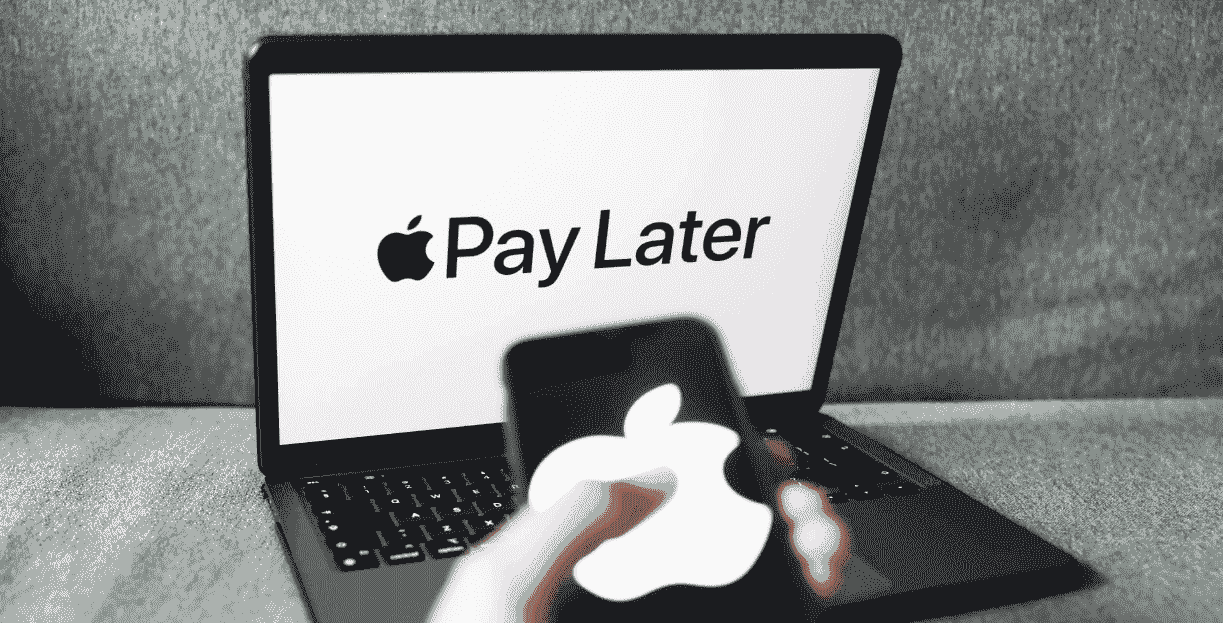
Apple Pay Later, the company’s version of the popular buy now, pay later (BNPL) model, has finally been released.
The company has announced that users can use the service to apply for Pay Later loans ranging from $50 to $1,000, which can be repaid in four equal installments over six weeks with no interest or fees.
Apple Pay Later Feature
Apple Pay Later is a feature of the Apple Wallet intended to allow you to delay payment on a purchase. Apple first announced the service at last year’s WWDC. The service has been in development for a considerable amount of time.
It was expected to debut with iOS 16. Users can apply for a loan without affecting their credit. However, the company warns that the Pay Later loan and payment history may be reported to credit bureaus and have an effect on the borrower’s credit score.
Once an iPhone or iPad user has been approved for a loan, the Pay Later option will appear at checkout in apps and online. The tech giant claims that users will be able to view and manage their loans within the Wallet app, as well as receive payment reminder notifications.
Selected Users Can Obtain The Program

Apple reports that randomly selected users will receive invitations to gain early access to Apple Pay Later. This service is only accessible in the United States on iOS 16.4 and iPadOS 16.4 for in-app and online purchases.
The company launched a credit card in partnership with Goldman Sachs in 2019, but this BNPL offering is the first time Apple is handling the financial side of things on its own. Apple notes that the Pay Later program is managed by a new subsidiary, Apple Financing LLC, which is responsible for credit assessment and lending, per the company’s statement.
However, the company partnered with the BNPL program Mastercard Installments to enable Apple Pay Later, whereas Goldman Sachs is the issuer of Mastercard payment credentials.
Apple Financing LLC, according to the company, will begin reporting Pay Later loans to U.S. credit bureaus in the fall.
Despite Apple’s emphasis on financial health, BNPL systems such as Klarna, Afterpay, and Affirm have in the past been criticized for potentially causing harm to customers.
The Consumer Financial Protection Bureau (CFPB) identified several areas of risk of consumer harm last year, including inconsistent consumer protections, the prevalence of data harvesting, and the risk of debut accumulation, given that BNPL is “designed to encourage consumers to buy and borrow more.
In 2021, the CFPB initiated an investigation into a number of BNPL firms and continues to assess their impact on consumers.
Read more: Canada’s ‘crypto king’ kidnapped and tortured for a $3 million ransom

